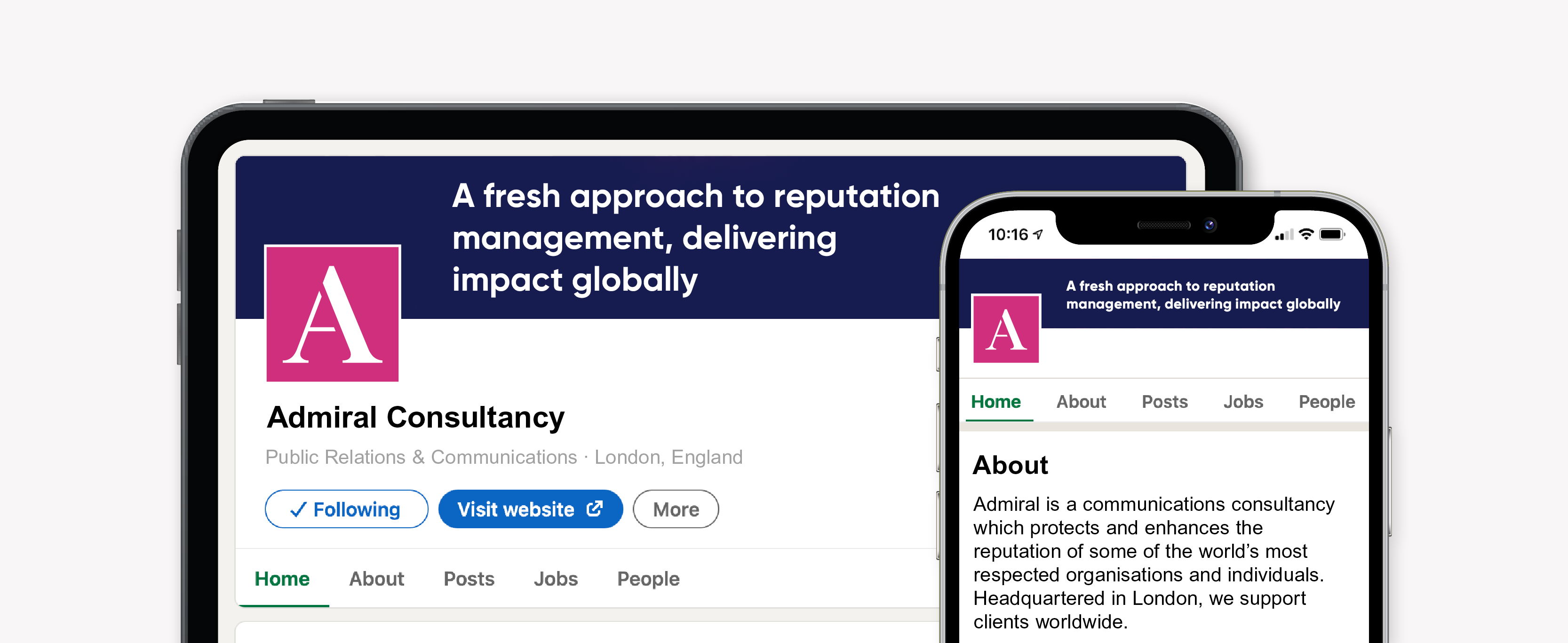
We have had Penguin, Panda and Hummingbird and now it is time for Pigeon. They are not the names of computer games or Big Brother contestants; they are, in fact, the nick names of some of the algorithm updates rolled out by search engine giant Google over the last few years.
Every time a new algorithm update is announced there is speculation within the PR and marketing industries. That is because a tweak to the Google algorithm has, historically, had a massive effect on the whole of the World Wide Web. When the Panda update was released in 2011 it is estimated that it affected12 percent of global searches. For businesses which depended on Google queries to drive traffic to their sites, an algorithm update that took them down a few notches on the search engine results page (SERP) was disastrous. Consequently, over the years, there have been many who have tried to solve the magic SEO formula and beat the Google system.
Yet, the whole philosophy behind Google’s regular updates is that the organisation does not want there to be a simple strategy to guarantee a high ranking. Thankfully the dark art of manipulating online text to work with Google’s latest algorithm has been consigned to the land of smoke and mirrors where it belongs. The brains behind Google have managed to ensure that the algorithms are now so complicated that only those with a PhD in computing can operate them. It has been pointed out that the ever increasing complexity of Google’s internal workings has actually let us off the hook. No one outside the organisation itself is actually expected to understand how those algorithms operate. All we really need to know is why they have been revised the way they have.
Put simply, Google has made no secret of its desire to clean up what was in danger of becoming a grubby business. After all the 2013 Nielson Report informed us that 84 per cent of consumers said they trust ‘earned’ media above all other sources of information. Yet, if shoe-horning twenty keywords into one ridiculous bit of prose, or linking a hundred random bloggers to a website proved to be effective, what was the point of writing genuinely good content? Thankfully Google did not want to downgrade the value of its search engine by allowing these tricks to work for any length of time and under the current system there are no short cuts.
Keywords, if included in a logical and appropriate way, will be picked up and valued by Google. So will links with the intended audience and key influencers. For ‘earned’ content, sharing across social media and certain platforms, like Google+ in particular, will help while insightful research into audiences as well as types and groups of keywords and how they are used gives added value.
Some searches are termed ‘educational’. One such, for sake of example, could be for ‘knee pain’ which will deliver a host of entries on the general topic of sore knees. A search for ‘knee surgery’ implies a more serious interest in the subject and the search ‘best knee surgeon in the Midlands’ takes it a step further. Not only does it make use of Google Places, which ties services and products to geographical areas, it would be regarded as a ‘transactional’ search because it is more likely to lead to a meaningful enquiry.
It is around this sort of subtlety that the world of keywords, SEO and content currently revolves. Rather than using clever tricks to climb the Google ladder, good consultancies will steer a client through the process of understanding its audience, prioritising its messages while producing relevant content with an appropriate awareness of keywords. Delegating these jobs in-house is unlikely to be cost-effective in the long run and ultimately knowing who to share content with, how and when is another area where expertise is valuable. It is for this reason that the concept behind many PR companies has evolved as well.
A whole universe of opportunity is presented by the World Wide Web and an agency that simply produces material for the media is unable to provide a full and rounded service to its clients. Content is not just for press releases or articles; it is for blogs and social media too. At Admiral we routinely produce written content in a range of formats, including tweets, Facebook entries, blogs and news feeds.
